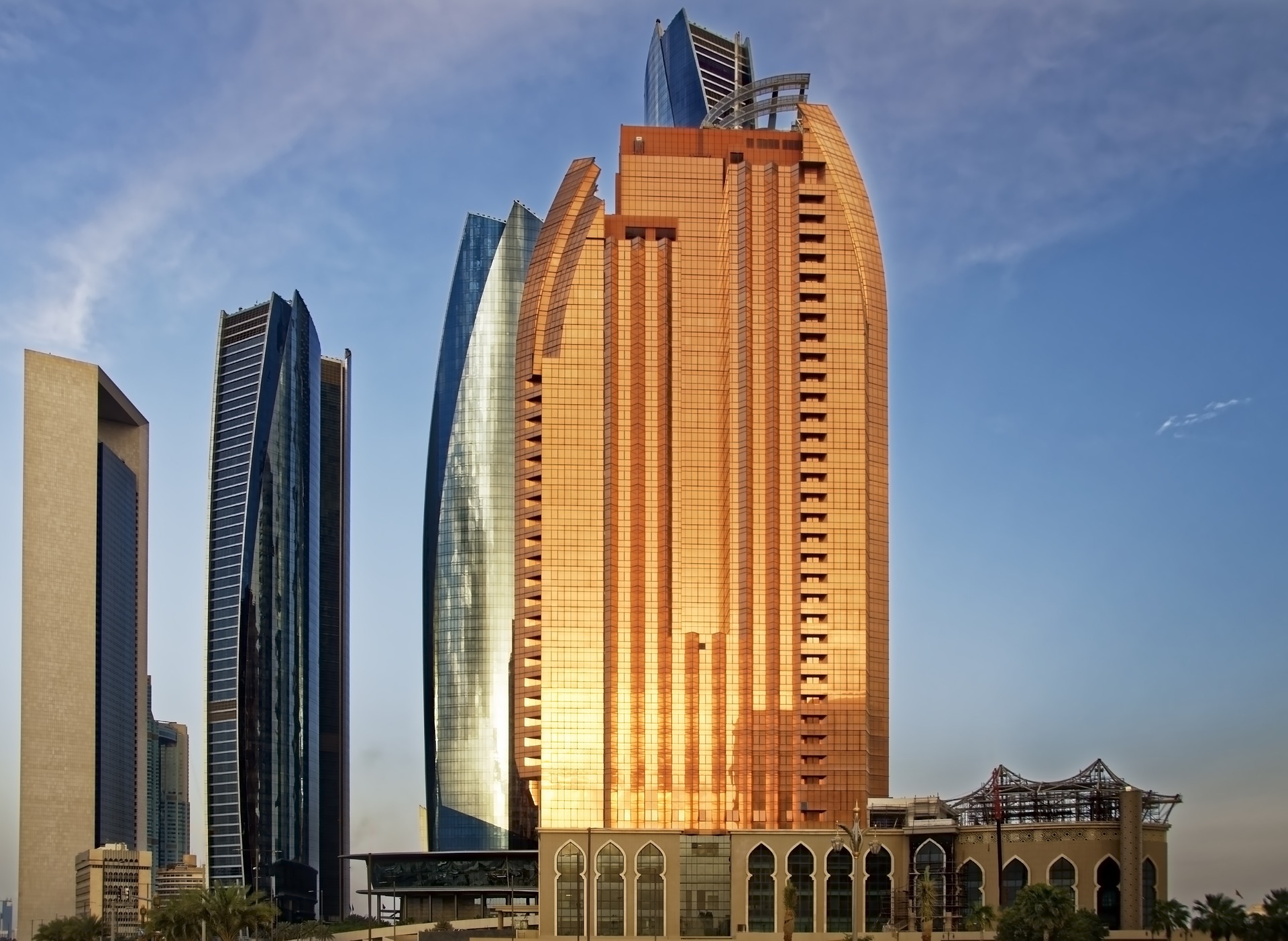As temperatures in many areas hit record highs this summer, cities around the world are turning to creative solutions to cope with urban heat gain, according to a Fast Company report.
The city of Arnhem in the Netherlands is rethinking its road system, looking for opportunities to reduce paved areas. The city is evaluating which roads are underused with the idea of shrinking traffic lanes and replanting these areas with greenery. This would reduce the “heat island” effect.
Abu Dhabi is testing features to make being outside more comfortable in extreme heat. In one park, the United Arab Emirates city has installed shades that roll back at night to let hot air escape, along with strategically placed walls that help channel breezes, shade benches, and misting devices.
A few cities are looking to plant new trees in strategic locations. Dallas and Phoenix will add trees to paths that students use to walk to school. Medellin, Colombia, now has a network of 30 corridors planted with thousands of trees to walk and bike across the city more comfortably.
Some cities have focused efforts on the less fortunate. Phoenix has been providing homeless people with free rides to cooling centers. New York City offers free white paint coatings for roofs on some buildings, including low-income housing.
More cities and counties have created new “chief heat officer” positions to focus on resilience in the face of a hotter climate. These officials have been tasked with coordinating efforts to make extreme heat more bearable in their communities.







